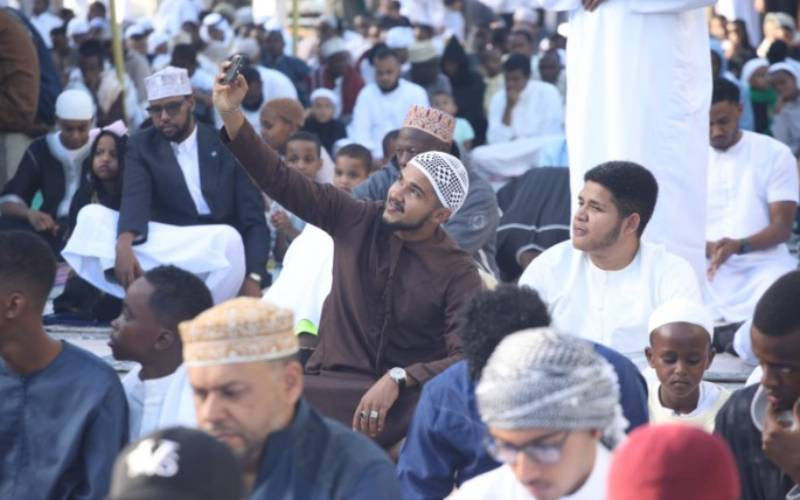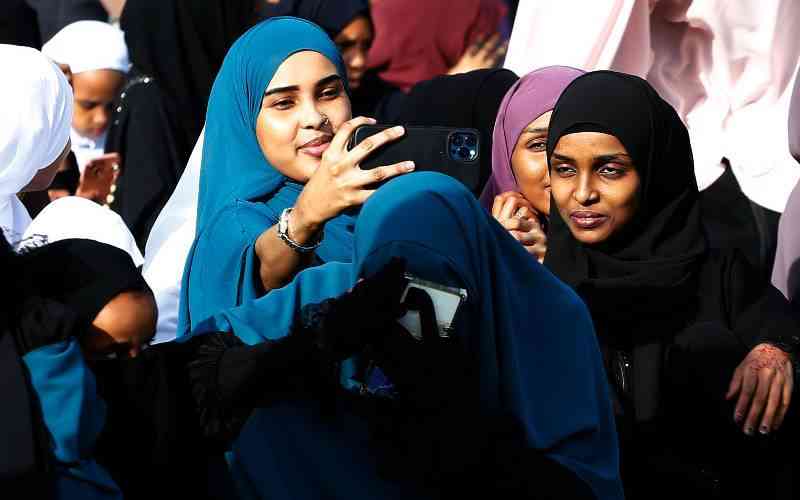The overriding philosophy behind the Global Entrepreneurship Summit is to restore America’s frosty relationship with the Muslim world.
The seed was planted in Egypt on June 4, 2009, when US President Barack Obama gave the historic ‘A new beginning’ speech at the Cairo University, admitting to seeking a fresh start between the US and Muslims.
Such is this commitment that all countries which have hosted the GES, except for the US itself, have dominant Muslim populations.
“I have come here to seek a new beginning between the United States and Muslims around the world; one based upon mutual interest and mutual respect; and one based upon the truth that America and Islam are not exclusive, and need not be in competition.
“Instead, they overlap, and share common principles – principles of justice and progress; tolerance and the dignity of all human beings,” Obama said, slightly two years before the Arab Spring swept over Egypt and toppled President Hosni Mubarak.
Turkey, which hosted the second GES in 2011, has a 99.8 per cent nominal Muslim population. In the United Arab Emirates (UAE), all Emiratis (citizens of UAE) are Muslims. UAE hosted the third GES in 2012. Malaysia, with a dominant Muslim population of 61 per cent, hosted the fourth GES in 2013. Morocco, the 2014 venue, is also predominantly Muslim.
Among the hosts, only the US, the first host of the GES in 2010, and now Kenya, do not have dominant Muslim populations.
According to online reports, Islam accounts for slightly under 1 per cent of the American population, while Christians are past the 70 per cent mark. In Kenya, Muslims account for about 12 per cent of the population.
Vice President Joe Biden represented Obama in Istanbul, Turkey, and Marakkech, Morocco. Secretary of State John Kerry represented the US President in Kuala Lumpur, Malaysia, while Deputy Secretary of State Thomas Nides represented him at the 2012 GES in Dubai.
Before the Kenyan summit, Obama had not attended a GES event outside the US. In his Cairo speech, he offered trade in exchange for peace and understanding from the Muslim world.
He hailed the Muslim heritage and role in human progress in the history of the human race. “In ancient times and in our times, Muslim communities have been at the forefront of innovation and education,” he said.
He rooted for diversification of the Muslim economies from mineral resources to newer lines that engage the youth, giving the example of the Gulf States, which have over-relied on their huge oil deposits to generate wealth.
He said no development strategy can be “based upon what comes out of the ground” nor can be sustained while the young people are out of work.
“All of us must recognise that education and innovation will be the currency of the 21st Century, and in too many Muslim communities there remains underinvestment in these areas.”
While talking about the summit, Obama singled out the special place of Muslim-majority countries in his scheme of things: “On economic development, we will create a new corps of business volunteers to partner with counterparts in Muslim-majority countries. And I will host a summit on entrepreneurship this year to identify how we can deepen ties between business leaders, foundations and social entrepreneurs in the United States and Muslim communities around the world.”
Stay informed. Subscribe to our newsletter
He also promised to fund and support technological developments in those countries.
Although Kenya is not a Muslim-dominated country like previous hosts, it suffers under the burden of the frosty Muslim-West relationship that Obama is trying to improve through GES.
The twin challenges of terrorism and radicalisation pose the greatest threat to Kenya’s standing as a regional economic and diplomatic hub.
Kenya’s troubled neighbour, Somalia, has been rocked by violent extremism that poses a great threat to world peace.
In the last few years, Kenya has suffered several terror attacks, including the Westgate Mall attack in 2013 and Garissa University earlier this year.
The previous summits have been credited with inspiring new generation of innovators, opening up of new markets and encouraging policy-makers to break down business barriers.
More than 1,000 initiatives promoting entrepreneurship around the world have been funded under the GES.
 The Standard Group Plc is a
multi-media organization with investments in media platforms spanning newspaper
print operations, television, radio broadcasting, digital and online services. The
Standard Group is recognized as a leading multi-media house in Kenya with a key
influence in matters of national and international interest.
The Standard Group Plc is a
multi-media organization with investments in media platforms spanning newspaper
print operations, television, radio broadcasting, digital and online services. The
Standard Group is recognized as a leading multi-media house in Kenya with a key
influence in matters of national and international interest.
 The Standard Group Plc is a
multi-media organization with investments in media platforms spanning newspaper
print operations, television, radio broadcasting, digital and online services. The
Standard Group is recognized as a leading multi-media house in Kenya with a key
influence in matters of national and international interest.
The Standard Group Plc is a
multi-media organization with investments in media platforms spanning newspaper
print operations, television, radio broadcasting, digital and online services. The
Standard Group is recognized as a leading multi-media house in Kenya with a key
influence in matters of national and international interest.








